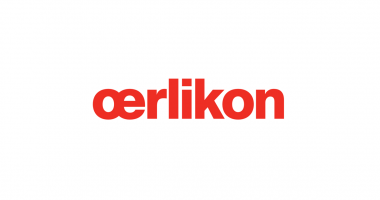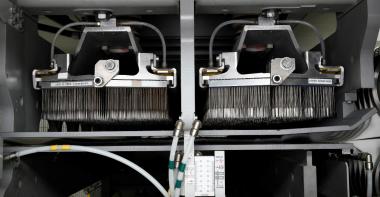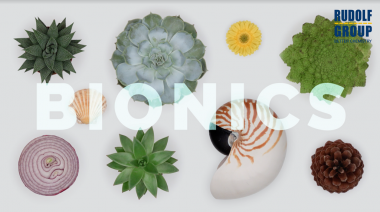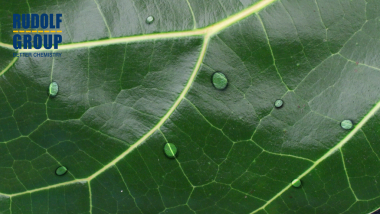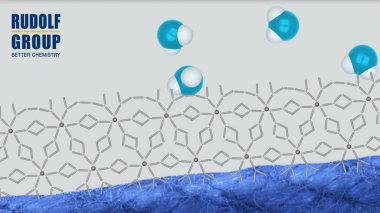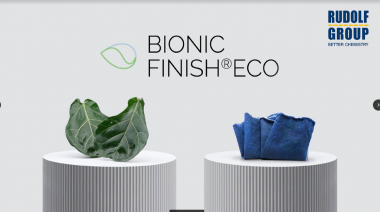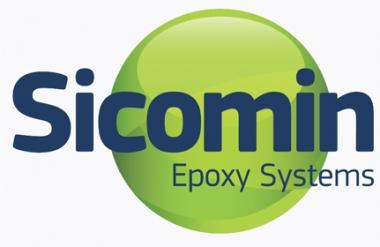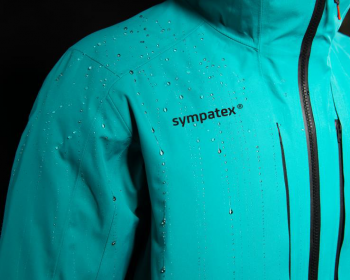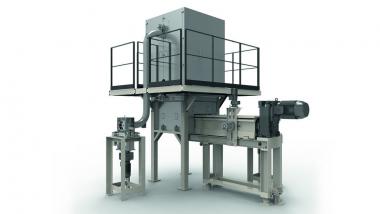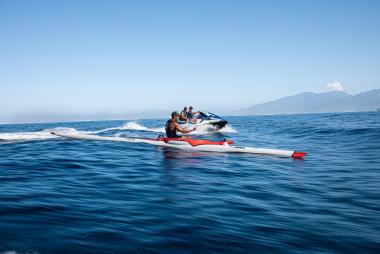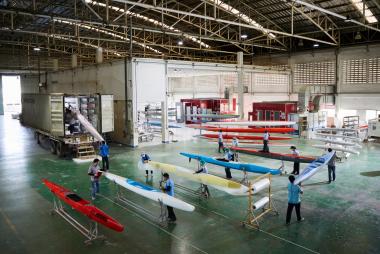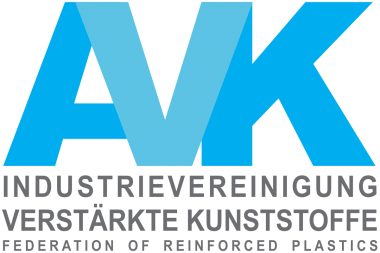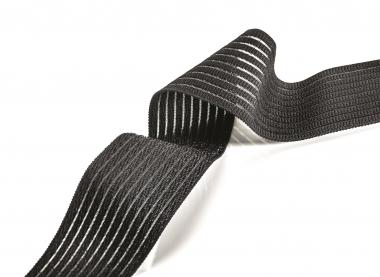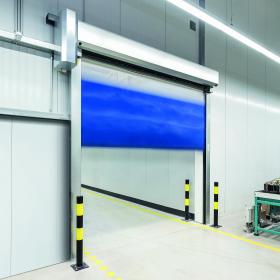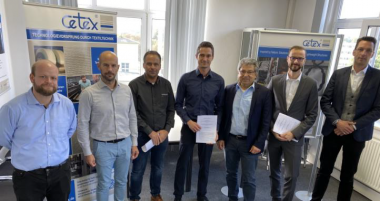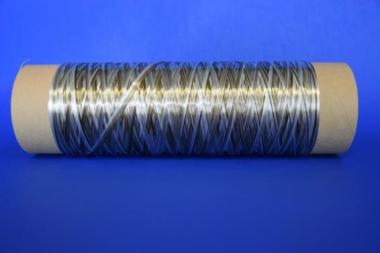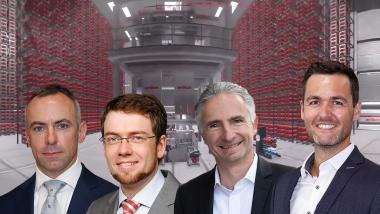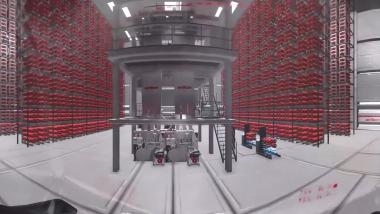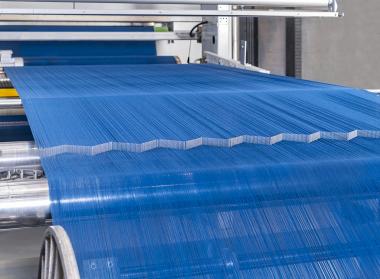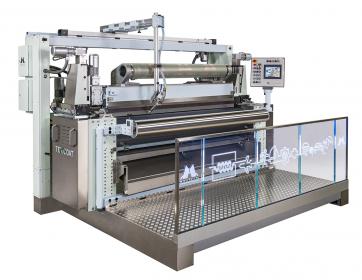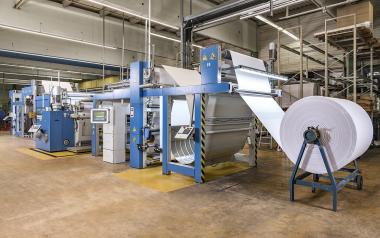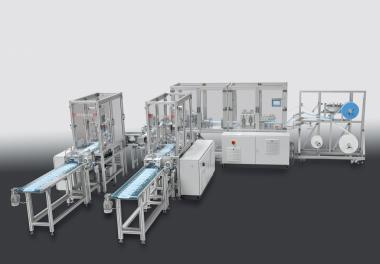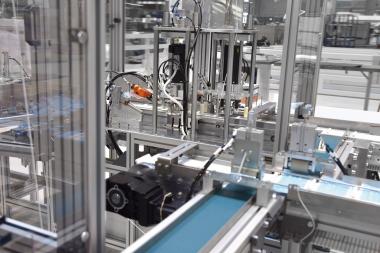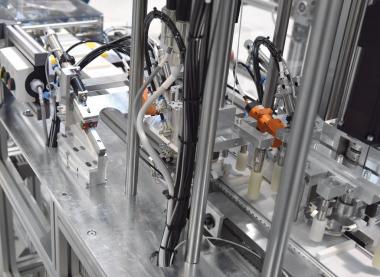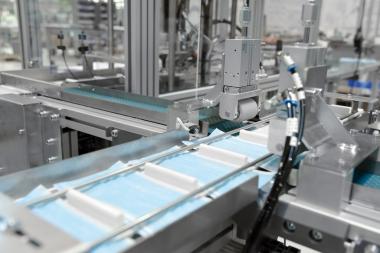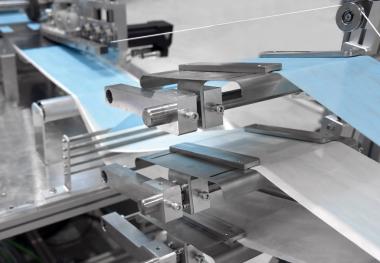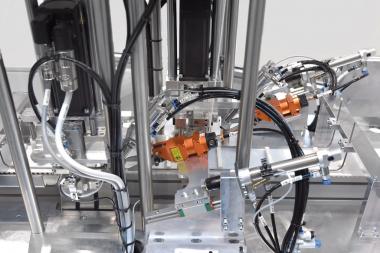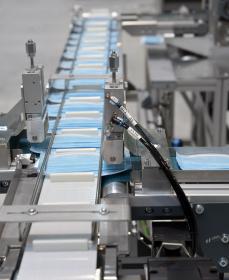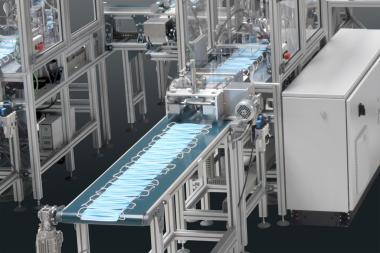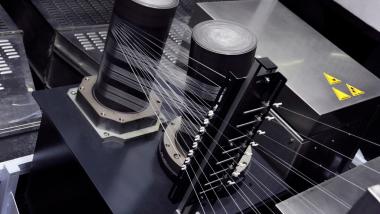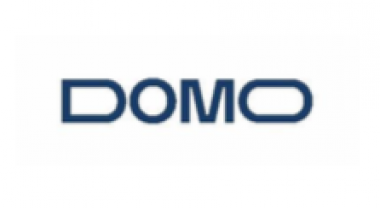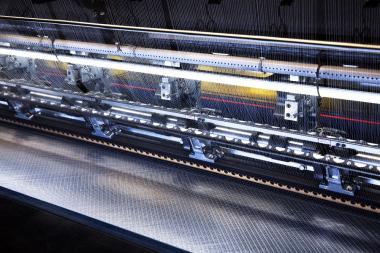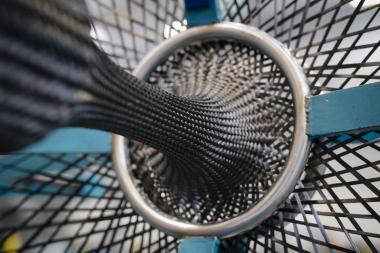Oerlikon: Creating a new growth platform
Oerlikon signs agreement to acquire INglass, a global leader in high precision polymer flow control equipment, to accelerate expansion strategy in polymer processing market
- INglass and its HRSflow Division is a market leader spezialized in hot runner sytems
- Technology is highly complementary to Oerlikon’s existing capabilities in polymer flow control and will expand Oerlikon’s market access
- Acquisition accelerates Oerlikon’s strategy in diversifying its manmade fibers business to expand into the high-growth polymer processing solution market
- Oerlikon renames ‘Manmade Fibers’ Division to ‘Polymer Processing Solutions’
- Acquisition is expected to be completed in the second quarter of 2021
Oerlikon, a leading provider of surface engineering, polymer processing and additive manufacturing, announced today that it has signed an agreement to acquire Italy-headquartered INglass S.p.A. and its innovative hot runner systems technology operating under its market-leading HRSflow business.
The strategic acquisition is a significant step in expanding Oerlikon’s current manmade fibers business into the larger polymer processing market. The acquisition accelerates and enhances existing organic initiatives to diversify and strengthen the company’s core high-precision polymer flow control capabilities, products and services. The completion of the transaction is subject to customary regulatory approvals and is expected by the second quarter of 2021.
To reflect Oerlikon’s expansion into a larger high-growth market, the Manmade Fibers Division will be renamed as Polymer Processing Solutions Division. This division will have two business units: Flow Control Solutions and Manmade Fibers Solutions. The busines unit Flow Control Solutions will combine the expertise of Oerlikon Barmag’s existing gear metering pumps business line and INglass’ HRSflow operations. The business unit Manmade Fibers Solutions will continue to focus on growing the existing chemical fiber machinery and plant engineering business, offering plant solutions for the production of polyester, polypropylene and polyamide.
“Our new Polymer Processing Solutions Division and the acquisition of INglass S.p.A. and its HRSflow business are critical components of Oerlikon Group’s growth strategy. We are accelerating our efforts to drive sustainable organic and inorganic growth in all of our businesses. The acquisition enables new synergy opportunities between both Oerlikon divisions in specific end markets such as automotive. With INglass and its HRSflow operations, we acquire leading suppliers in their markets with proven success of their technologies and services,” said Dr. Roland Fischer, CEO Oerlikon Group.
“We firmly believe that within the Oerlikon Group we can further exploit the potential of our hot runner systems technology and, when combined with the capabilities of Oerlikon Barmag gear metering pumps and their melt distribution engineering competence, will position our business as one of the leading precision flow control specialists for multiple applications in a global growth market”, said Antonio Bortuzzo, CEO of INglass S.p.A.
New business unit offers great growth potential
The Oerlikon Barmag competence brand already offers high precision flow control related components, including a large selection of gear metering pumps for textile and non-textile markets. These highly efficient pumps are used in silicone casting, dynamic mixing and oil spraying for the chemical, paint, polymer processing and automotive industries. This double-digit million CHF business, which has grown in recent years, will be merged with INglass’ HRSflow hot runner technologies under the new business unit Flow Control Solutions. HRSflow’s excellent market access to many OEMs in and outside the automotive industry brings significant growth opportunities.
INglass is a leader in automotive and expanding in other sectors
INglass S.p.A. is an internationally operating successful company established in 1987. Its product portfolio includes hot runners as well as engineering and consultancy services for the advanced development of polymer processing products. INglass’ HRSflow hot runner systems are applied in multiple industries from automotive, consumer goods and household appliances to packaging, waste management, construction and transportation.
INglass is headquartered in San Polo di Piave, Italy, near Venice. 2020 revenues of INglass were approximately CHF 135 million and the acquisition is expected to be immediately accretive to Oerlikon’s margins and cash flows. INglass has more than 1 000 employees and 55 sites worldwide, including production plants in Italy, China and the US. Among these sites are INglass’ newly renovated headquarters and production at its primary location in San Polo di Piave near Venice, Italy. The investment modernized the facilities with automated production, underlining the company’s commitment to sustainability and the environment. The other two modern production sites are in Zhejiang (Hangzhou Province) in China and Michigan (Grand Rapids) in the USA.
Following the integration with Oerlikon Barmag’s gear metering pumps business of about 200 employees in Remscheid, Germany, the new Flow Control Solutions business unit will have round about 1 200 employees.
"We see great potential for growth in our new Flow Control Solutions business unit,” said Georg Stausberg, Polymer Processing Solutions Division CEO and Member of the Executive Committee of the Oerlikon Group. “The businesses form the two core growth pillars and benefit from each other in global market development, in modern and digitized production, and in customer services. We also see potential synergies in R&D by combining existing know-how in the field of polymer processing. New technological solutions between hot runner systems and gear metering pumps are conceivable. We also anticipate collaborating more closely with the Oerlikon Surface Solutions Division, particularly in future mobility applications and functional polymer component solutions for the automotive industry. All in all, we will offer our customers innovative and attractive solutions in the field of polymer processing and high precision flow control components.”
Next steps for further diversification of the division product portfolio are already ongoing
Combining the divisions plant engineering and process know how with expertise on high precision flow control components technologies has a significant impact on product quality in nearly all applications, which opens up a platform for further organic and inorganic growth. "We are closely observing the megatrends in the markets and developing new business models to match. In the area of sustainability, covering topics such as circular economy, the recycling of materials using mechanical and chemical recycling solutions, as well as the handling of new, more environmentally friendly and biodegradable materials, we are on the verge of a breakthrough. We are ready to actively participate in these growth areas,” added Georg Stausberg.
“In realigning the Polymer Processing Solutions Division, Oerlikon will continue to apply our successful recipe of a lean organizational structure to efficiently manage the business. This means clear processes, short decision-making paths and competent teams in a diverse and multicultural organization in which everyone can contribute innovatively to create customer value,” said Georg Stausberg.
Oerlikon


